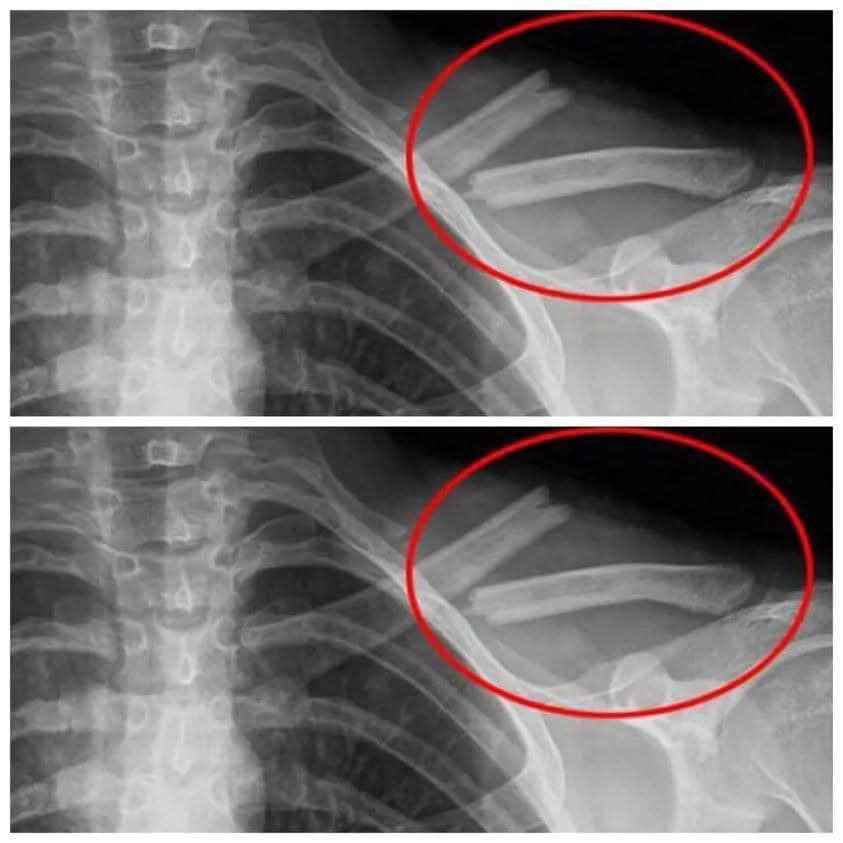Soda is a staple in many diets across America, often enjoyed at meals, parties, or as a quick refreshment. Its bubbly sweetness and widespread availability make it a go-to choice for millions of people every day. However, soda is far from harmless. Behind its sugary allure lies a host of health risks that can have severe consequences over time. The average American drinks about 12 ounces of soda daily, a habit that contributes to serious health problems affecting the entire body—from weight gain to weakened bones and beyond.

Soda and Its Harmful Impact
While soda is often marketed as a fun and refreshing beverage, the truth is that it can wreak havoc on your health. Let’s dive into the specific ways soda harms your body and why it’s time to reconsider this popular drink.
1. Weight Gain and Obesity
One of the most noticeable effects of soda consumption is weight gain. Each can of soda is packed with sugar, often exceeding the daily recommended limit in a single serving. These “empty calories” provide no nutritional value but significantly increase your calorie intake, leading to weight gain over time. The high sugar content causes spikes in blood sugar levels, which trigger insulin production. Insulin promotes fat storage, creating a vicious cycle that can result in obesity and associated health problems, such as metabolic syndrome and hormonal imbalances.
2. Liver Damage
Soda doesn’t just impact your weight—it can also harm your liver. High-fructose corn syrup, a common ingredient in soda, is metabolized in the liver. Overconsumption can lead to fat accumulation, resulting in non-alcoholic fatty liver disease (NAFLD). This condition can progress to more severe liver issues, including inflammation, fibrosis, and cirrhosis. Chronic soda consumption puts undue stress on this vital organ, making it harder for your liver to function effectively.
3. Tooth Decay
Soda’s combination of sugar and acidity is a recipe for dental disaster. The sugar feeds harmful bacteria in your mouth, leading to plaque buildup and cavities. At the same time, the acids in soda erode your tooth enamel, weakening its protective barrier. Over time, this can result in increased tooth sensitivity, gum disease, and extensive decay that may require costly dental interventions.
4. Kidney Problems
Your kidneys play a crucial role in maintaining the balance of fluids and minerals in your body. Soda consumption can disrupt this balance, leading to an increased risk of kidney stones and decreased kidney function. The high phosphorus content and other additives in soda put extra strain on your kidneys, making them work harder than they should. Prolonged exposure to these stressors can lead to chronic kidney disease and other complications.
5. Diabetes
Soda is one of the leading contributors to the rising rates of Type 2 diabetes. Its high sugar content causes insulin resistance, a condition where your body’s cells stop responding effectively to insulin. Over time, this can result in persistently high blood sugar levels and an increased risk of developing diabetes. The relationship between soda and diabetes is well-documented, making it clear that regular consumption is a significant risk factor for this chronic disease.
6. Bone Weakening
Perhaps one of the most concerning effects of soda is its impact on bone health. The phosphoric acid in soda interferes with your body’s ability to absorb calcium, an essential mineral for strong bones. As a result, regular soda drinkers are at a higher risk of developing osteoporosis, a condition characterized by brittle and fragile bones. Women, in particular, are more vulnerable to this effect, especially as they age and experience natural bone density loss.
7. Heart Disease
Soda doesn’t stop at damaging your bones and teeth—it also takes a toll on your heart. The excessive sugar in soda contributes to high blood pressure, elevated triglycerides, and increased inflammation, all of which are risk factors for cardiovascular disease. Regular consumption of sugary beverages has been linked to a higher risk of heart attacks, strokes, and other serious heart conditions.
Why Quitting Soda Can Transform Your Life
Eliminating soda from your diet is one of the best decisions you can make for your health. Research shows that quitting soda can offer benefits that rival even those of quitting smoking. By cutting out soda, you can:
- Lose Weight: Without the added calories from soda, maintaining a healthy weight becomes much easier.
- Protect Your Liver: Reducing your intake of fructose allows your liver to recover and function more effectively.
- Improve Dental Health: Eliminating sugary and acidic drinks helps preserve tooth enamel and reduces the risk of cavities.
- Support Kidney Function: Giving up soda decreases the strain on your kidneys, helping them maintain optimal performance.
- Reduce Diabetes Risk: Without soda’s sugar overload, you can lower your risk of insulin resistance and Type 2 diabetes.
- Strengthen Bones: Avoiding phosphoric acid helps your body retain calcium, promoting better bone health.
- Boost Heart Health: Cutting out soda reduces your risk of developing cardiovascular problems and supports overall heart function.
Take Control of Your Health
Quitting soda may seem challenging, especially if it’s been a staple in your daily routine. However, the long-term benefits far outweigh the temporary cravings. Transitioning to healthier alternatives, such as water, herbal teas, or naturally flavored sparkling water, can make the process easier while still satisfying your thirst.
Soda may be a popular drink, but its health risks are undeniable. From contributing to weight gain and diabetes to weakening your bones and damaging your teeth, the consequences of regular soda consumption are severe. By making the decision to ditch soda, you’re not just cutting out empty calories—you’re making a commitment to a healthier, happier life. Take the first step today and give your body the chance to thrive.